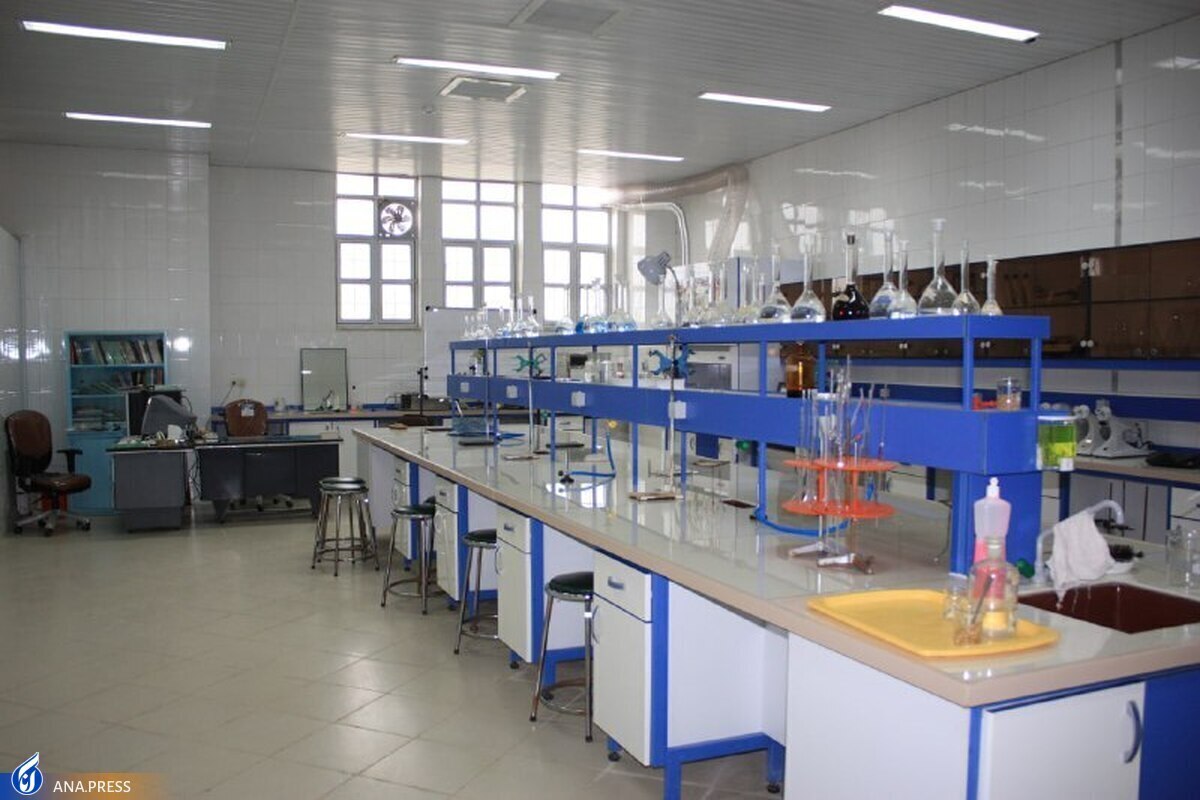Iranian Researcher Produces Herbal Nanomask with "Glycine"

Shahab Owjani, 32, is a member of Iran’s Inventors Association and a top member of the Young Researchers Club of Islamic Azad University, who stood out in both his master's degree and Ph.D. in chemistry.
Owjani has registered an invention entitled "Glycine-based herbal nanomask for containing environmental pollutants."
In an interview with ANA, the young researcher said that Shahin Owjani, Maysham Pashaei, Mehdi Mirzaei Chegani, Masoumeh Mirzaei Chegani and Zahra Mansourzare are other inventors who have collaborated with him in the project.
In response to the question as for when he came up with the idea to invent the herbal nanomask with glycine, he said that the Coivd-19 pandemic brought the idea to his mind to prevent the pollutants influence into people’s bodies.
“I sought a solution to resolve the problems with the other masks out in the market which could not prevent the transmutability of the chemical pollutants into the body,” he added.
Owjani said that he wanted to produce an herbal mask that is also safe to the environment.
He explained more that how their nanomask stands out among other types and said, “The next thing was that the favored product should be produced by modern technology, and for that purpose, considering that in some seasons of the year we see snow and rain and when we use the mask, the mask gets wet due in the snow and rain, but we were able to solve this problem using nanotechnology and lotus effect.”
“When a person uses a mask, when talking, sneezing or coughing, the saliva might enter layers of the mask, especially the inner layer, and could cause terrible smell that could be annoying. For this, flavoring essence of aromatic plants such as (magnolia, tuebrose, orchid, lilium and jasmine) were added to generate a pleasant smell.”
The young researcher further said that also people who work in polluted environments, such as chemical industries, or people who work at gas stations or in beauty salons and because of that are exposed to harmful and dangerous chemicals, they can use this type of mask to protect their health as well.
Plants are a guaranteed and effective way to deal with indoor pollution, he highlighted.
“It has recently been found that plants’ roots play a role in eliminating these pollutions. … They also absorb these pollutants through the pores on the leaves while doing their normal gas exchange and then eliminate them. In addition to removing pollutants, house plants also play a significant role in the level of humidity, temperature, and noise pollution control.”
“The masks available at the market cannot trap contaminated particles, aerosols and other harmful chemical compounds; but nanofiber masks cab resist against these factors so that they can be used by the ordinary people, doctors and people who are highly allergic to environmental pollution,” Owjani elaborated on their mask’s features more.
Owjani conceded that they have received the approval of national nanotechnology development headquarters for the mask, and it is now getting through the process of gaining the approval of the ministry of health, while expressing certainty that the mask could get into the market if its mass production starts.
4155/i





















